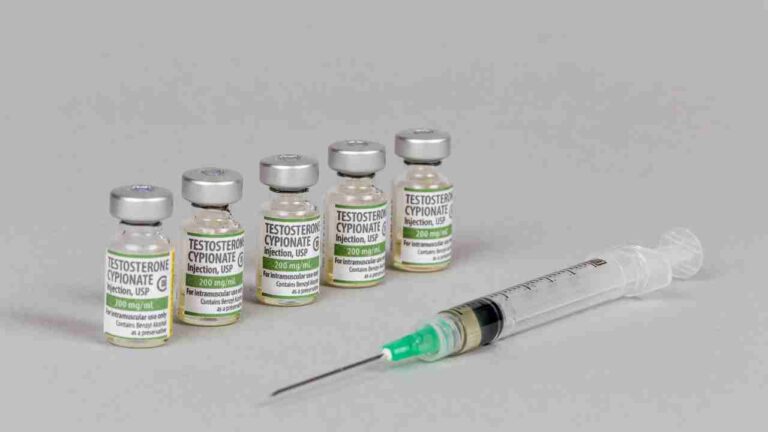Making the right decisions may seem easy for most people, but it can be challenging for those living with mental illness. At times, the assistance of psychosocial recovery coaching can be a necessary support.
As a service primarily supported by NDIS, psychosocial recovery coaching provides direct and personal support as a form of treatment. Read on to discover why you might consider working with a psychosocial recovery coach on your journey to healing.
A PRC is a qualified and passionate mentor who helps you identify and build on your strengths and goals for a more fulfilling life. They provide a reliable social presence where they support and help you make the best decisions to prosper in life.
Think of them as someone who has your back, professionally and independently. Not only do they understand you, but they offer a confidential service to meet your needs better. Together, you will create a day-to-day recovery plan to help you navigate your healing journey and take charge of your future.
Psychosocial recovery coaches begin by building connections and trust with their clients. They may share their journeys through their own experiences or what they have learned.
Over time, they will help you acquire independence and live a fulfilling life as you will be in charge of your mental health.
Besides mentoring and guiding you through your recovery journey, there are various things a PRC does. They include:
- Encouraging and helping you to create a plan for all your goals and activities.
- Supporting you in making your own decisions in all aspects of your life.
- Motivating you to take ownership of your responsibilities and everyday tasks by working on a ‘let’s do it together’ approach.
- Teaching you analytical skills to help you prioritise your tasks better.
- Assisting you in choosing, booking, and managing your daily support services, such as housekeeping or medical appointments.
- Helping you regularly track your healing journey by celebrating small or large wins.
- Encouraging you and remaining hopeful, especially when you feel overwhelmed. Their positive motivation will help you focus on your strengths, keeping you resilient to meet your goals.
- Assisting you in navigating the ins and out of the mental health system as they know how it works.
Benefits of working with a psychosocial recovery coach
Although it may take time to see the results of working with a PRC, the success stories are numerous and rewarding. The recovery process requires patience for both parties. The main goal is to be in charge of decisions and live a happier life.
Some of the benefits people who have participated in psychosocial recovery coaching share include:
- Better health management through reduced hospital visits by keeping track of one’s medication schedule.
- Conversations and social activities with peers become more manageable as one feels empowered to make their own decisions.
- Collaboration with support systems, especially family members, helps them understand and support their loved ones through recovery.
PRCs are available online, or you can get a referral from a friend, colleague, peer, or family member. Assess their credentials beforehand and ensure you are comfortable being around them.
A qualified PRC understands that people are different and have individual needs. Therefore, they will formulate different personal approaches to recovery coaching.
Conclusion
Finding the right psychosocial recovery coach may be the first step when embarking on a mental health recovery journey. Ask for their qualifications and experience so that you are confident they have the right skills and can support you.
Someone who understands and listens patiently will provide comfort and reassurance, making setting positive health-related goals easier. Therefore, working with a psychosocial recovery coach is advisable on this journey.






